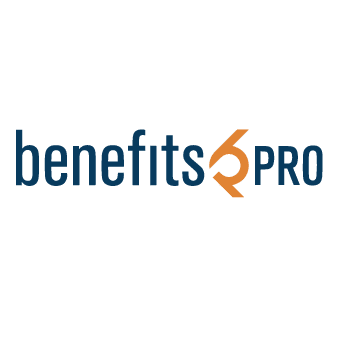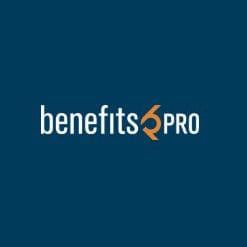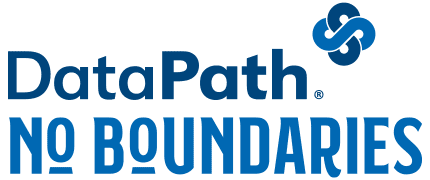
COVID-19 has changed the way we live and work. Many Americans have lost their sense of security regarding jobs, economic standing, and overall health. To attract and retain talent in a post-pandemic world, employers and their brokers must be more creative. Crafting a benefits strategy that helps workers regain a sense of security and well-being is not just smart business, it’s the right thing to do.
By Bo Armstrong
Originally Posted by BenefitsPRO
October 6, 2021
The COVID-19 pandemic has affected virtually every aspect of our lives. The most immediate impact initially involved quarantine and an expansion of remote work, but an ongoing and often overlooked consequence has been the negative impact on employees’ sense of security and well-being. Many businesses quickly faced major revenue shortfalls and responded with cost-cutting measures, including layoffs and furloughs. As a result, many Americans lost their sense of security regarding jobs, economic standing, and overall health.
As we focus on benefit strategies in a post-pandemic world recovering from economic fallout, employers and benefits brokers have an opportunity to bolster workers’ overall sense of security, stability, and wellbeing. Most employees are struggling with competing demands. To attract and retain them, brokers and employers must be more creative with benefit strategies. New offerings might include remote work options, flexible schedules, well-being programs, and other types of work-life management support.
What do employees look like across age groups in a post-pandemic world?
The U.S. workforce is comprised of four main generational groups, each of whom have survived different challenges. According to Alight Solutions’ 2021 Employee Well-Being Mindset Study, the pandemic caused all four to shift gears as to work and personal goals, and in particular, to which employment benefits are most valuable.
Baby Boomers, born between 1946-1964, have traditionally valued salary and robust health insurance and retirement plans. While many opted for retirement during the pandemic, those remaining in the workforce now prioritize staying within budget, growing retirement income and wealth, remaining healthy through regular screenings and managing health conditions, and balancing work and personal commitments.
Gen X, born between 1965-1980, have traditionally valued salary, 401k, job security and advancement, and work-life balance. Because this group is especially burdened by the competing responsibilities of midlife, post-pandemic concerns include caring for children and aging parents, decreased retirement contributions, higher financial stress, and the need for increased emergency savings.
Millennials, born from 1981-1996, have traditionally valued benefit choice and flexibility, the ability to work remotely and work-life balance. Post-pandemic concerns, however, focus strongly on finances and needing to save while also paying off debt. This age group values well-being benefits more than older generations and are 3-5 times more likely than their elders to use well-being programs.
Gen Z, born between 1997-2012, is the most flexible and tech-savvy generation. They have typically valued and are adept at utilizing newer benefits such as digital health tools, virtual benefits services, and remote work. But having suffered financial and career-related disruptions due to the pandemic, their post-pandemic concerns involve mental health support, gaining additional job skills, advancing their career positions, and staying within budget.
Read the full article, “How the Pandemic Has Refocused Employee Benefit Strategies,” on BenefitsPRO.

Bo Armstrong
Chief Marketing Officer, DataPath, Inc.
As Chief Marketing Officer, Bo Armstrong leads all marketing and product initiatives for DataPath, whom he joined in 2015. Bo has over 25 years of marketing leadership experience at companies ranging in size from Fortune 500 to start-ups. He has a proven record for driving results and growing revenue through dynamic marketing programs. Bo focuses on identifying emerging market trends within the benefits industry, advocating for customers and their needs. Bo holds a Bachelor’s degree in Computer Science from Texas A&M University and a Master’s degree in Religion from Liberty University.


